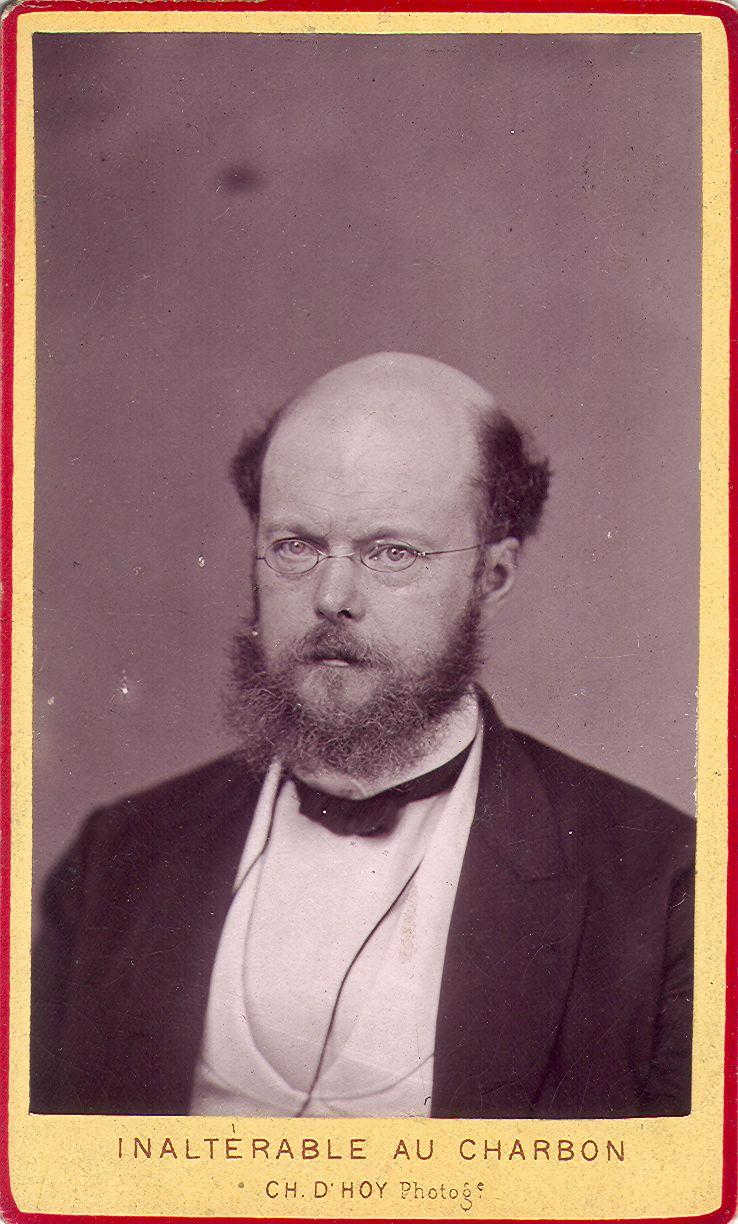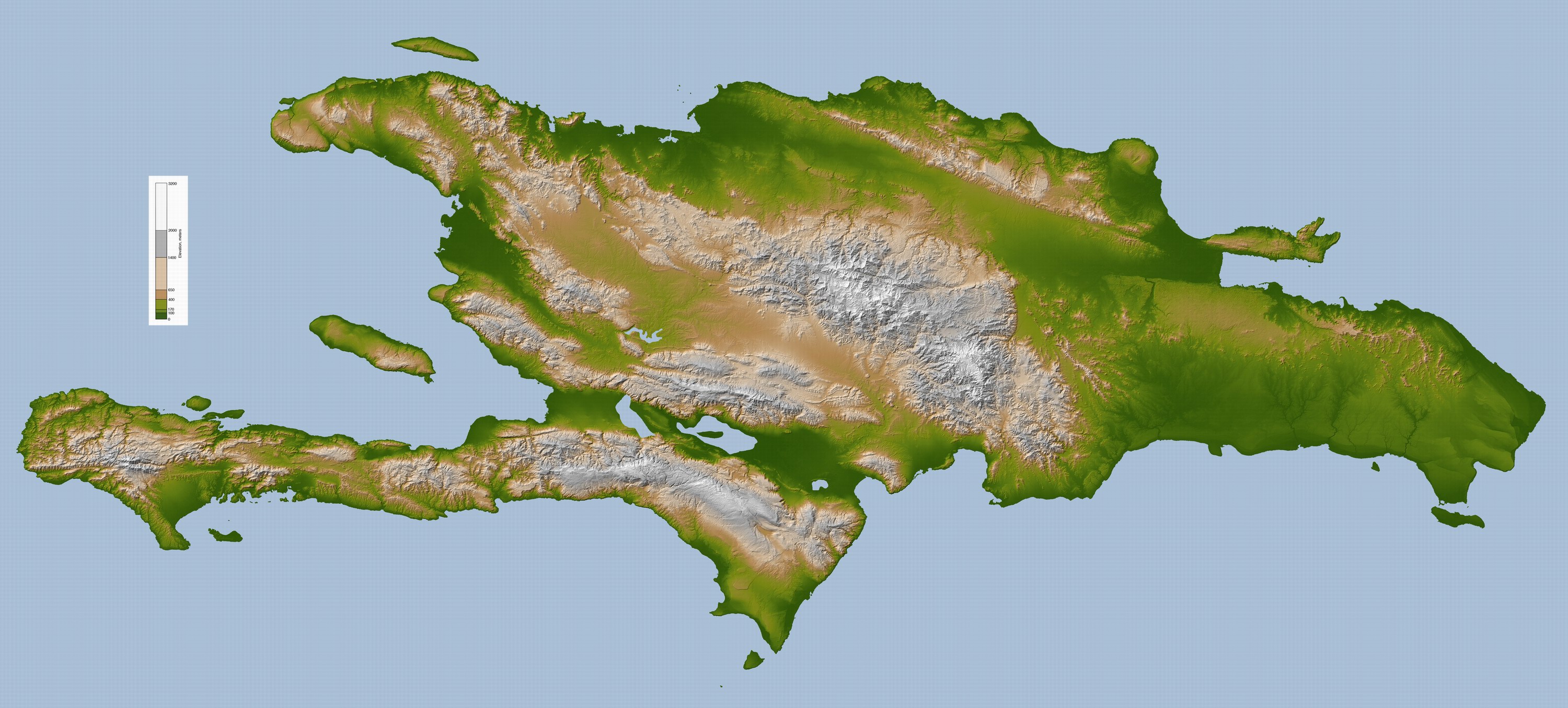|
Marcus Van Vaernewijck
Marcus van Vaernewijck (1518–1569) was a historian in the Habsburg Netherlands. Two of his works, ''Van die beroerlicke tijden in die Nederlanden en voornamelick in Ghendt 1566-1568'' and ''De historie van Belgis'', are listed in the Canon of Dutch Literature compiled by the Digital Library for Dutch Literature. Life Van Vaernewijck was born in Ghent on 21 December 1518, to Marcus van Vaernewijck and Catharina van Steenhaut. A.J. van der Aa, '' Biographisch woordenboek der Nederlanden'', vol. 19 (Haarlem, 1876), 2-5. After travels to Italy (1550) and throughout the Low Countries (1556), he returned to Ghent and settled down. In 1558 he married Levina Hallijns, in 1563 he served as commissioner of the poor of the city, and in 1564 and 1568 as alderman. He was also an active member of the chamber of rhetoric Maria t'eeren. He died in Ghent on 20 February 1569. Writings *''Vlaemsche audvremdigheyt, inhoudende veel wonderlicke antiquiteiten'' (Ghent, Geraert van Salensen, 1560) *'' ... [...More Info...] [...Related Items...] OR: [Wikipedia] [Google] [Baidu] |
Pieter De Jode II
Pieter de Jode II or Pieter de Jode the Younger (1606–1674) was a Flemish Baroque printmaker, draughtsman, painter and art dealer. A scion of an important dynasty of printmakers active in Antwerp, he created many prints after the works of leading painters and was a close collaborator of Anthony van Dyck for whom he engraved many portraits.Christine van Mulders. "Jode, de." Grove Art Online. Oxford Art Online. Oxford University Press. Web. 24 October 2016 Life Pieter de Jode II was born in Antwerp in 1606, where he was baptized on 24 November of that year.Pieter de Jode II at the Fine Arts Museum of San Francisco He learned drawing and engraving from his father, Pieter de Jode I (1570–1634), a leading printmaker in Antwerp who had travelled to Italy and whose engravings were a source for the Flemish painter and artist biographer Karel v ... [...More Info...] [...Related Items...] OR: [Wikipedia] [Google] [Baidu] |
Ferdinand Vanderhaeghen
Ferdinand van der Haeghen or Vanderhaeghen (1830–1913) was a Belgian librarian and bibliophile. Life Van der Haeghen was born in Ghent on 16 October 1830, the son of Désiré-Jean Van der Haeghen (1797–1850), owner and publisher of the ''Gazette van Gent'' (established 1667).Alphonse Roersch, "Haeghen (Ferdinand François Ernest van der)", ''Biographie Nationale de Belgique''vol. 29(Brussels, 1956), 635-641. He was educated at the Collège Notre-Dame de la Paix in Namur, and spent two years studying at Ghent University without taking a degree. He became university librarian in Ghent. He was an active member of the Maetschappy der Vlaemsche Bibliophilen and a founding member of the Royal Academy of Dutch Language and Literature (1886). In 1888, he became editorial secretary of the ''Biographie Nationale de Belgique'', overseeing publication of volumes 10 to 20. He was elected a corresponding member of the Royal Academy of Science, Letters and Fine Arts of Belgium in 1888, and ... [...More Info...] [...Related Items...] OR: [Wikipedia] [Google] [Baidu] |
16th-century Antiquarians
The 16th century begins with the Julian year 1501 ( MDI) and ends with either the Julian or the Gregorian year 1600 ( MDC) (depending on the reckoning used; the Gregorian calendar introduced a lapse of 10 days in October 1582). The 16th century is regarded by historians as the century which saw the rise of Western civilization and the Islamic gunpowder empires. The Renaissance in Italy and Europe saw the emergence of important artists, authors and scientists, and led to the foundation of important subjects which include accounting and political science. Copernicus proposed the heliocentric universe, which was met with strong resistance, and Tycho Brahe refuted the theory of celestial spheres through observational measurement of the 1572 appearance of a Milky Way supernova. These events directly challenged the long-held notion of an immutable universe supported by Ptolemy and Aristotle, and led to major revolutions in astronomy and science. Galileo Galilei became a champion o ... [...More Info...] [...Related Items...] OR: [Wikipedia] [Google] [Baidu] |
Writers From Ghent
A writer is a person who uses written words in different writing styles and techniques to communicate ideas. Writers produce different forms of literary art and creative writing such as novels, short stories, books, poetry, travelogues, plays, screenplays, teleplays, songs, and essays as well as other reports and news articles that may be of interest to the general public. Writers' texts are published across a wide range of media. Skilled writers who are able to use language to express ideas well, often contribute significantly to the cultural content of a society. The term "writer" is also used elsewhere in the arts and music, such as songwriter or a screenwriter, but also a stand-alone "writer" typically refers to the creation of written language. Some writers work from an oral tradition. Writers can produce material across a number of genres, fictional or non-fictional. Other writers use multiple media such as graphics or illustration to enhance the communication of thei ... [...More Info...] [...Related Items...] OR: [Wikipedia] [Google] [Baidu] |
1569 Deaths
Year 1569 ( MDLXIX) was a common year starting on Saturday (link will display the full calendar) of the Julian calendar. Events January–June * January 11–May 6 – The first recorded lottery in England is performed nonstop, at the west door of St Paul's Cathedral. Each share costs ten shillings, and proceeds are used to repair harbours, and for other public works. * March 13 – Battle of Jarnac: Royalist troops under Marshal Gaspard de Tavannes surprise and defeat the Huguenots under the Prince of Condé, who is captured and murdered. A substantial proportion of the Huguenot army manages to escape, under Gaspard de Coligny. * June 10 – German Protestant troops reinforce Coligny, near Limoges. July–December * July 1 – The Union of Lublin unites the Kingdom of Poland and the Grand Duchy of Lithuania into a single state, the Polish–Lithuanian Commonwealth, following votes in the Assemblies of three Lithuanian provinces (Volhynia, Ukraine and Podlasie) in fa ... [...More Info...] [...Related Items...] OR: [Wikipedia] [Google] [Baidu] |
1518 Births
__NOTOC__ Year 1518 ( MDXVIII) was a common year starting on Friday (link will display the full calendar) of the Julian calendar. Exceptions France In France, the year 1518 lasted from 4 April 1518 to 23 April 1519. Since Constantine (around year 325) and until the year 1565, the year was reckoned as beginning at Easter. For instance, the will of Leonardo da Vinci, drafted in Amboise on 23 April 1519, shows the legend "Given on the 23rd of April of 1518, before Easter". * See Wikisource "1911 Encyclopædia Britannica/Easter" Events January–June * April 18 – The widowed Sigismund I the Old, King of Poland and Grand Duke of Lithuania, marries Milanese noblewoman Bona Sforza in Wawel Cathedral and she is crowned as Queen consort of Poland. * May 26 – A transit of Venus occurs. July–December * July – Dancing plague of 1518: A case of dancing mania breaks out in Strasbourg, in which many people die from constant dancing. * August – ... [...More Info...] [...Related Items...] OR: [Wikipedia] [Google] [Baidu] |
Biographie Nationale De Belgique
The ''Biographie nationale de Belgique'' ( French; "National Biography of Belgium") is a biographical dictionary of Belgium. It was published by the Royal Academy of Belgium in 44 volumes between 1866 and 1986. A continuation series, entitled the ''Nouvelle Biographie Nationale'' ("New National Biography"), has been published by the Royal Academy of Science, Letters and Fine Arts of Belgium since 1988. Both the ''Biographie nationale'' and ''Nouvelle biographie nationale'' were digitised by the Fonds InBev-Baillet Latour and can be freely consulted at the Academy's website. A parallel biographical dictionary has been produced in Dutch since 1964, entitled the ''Nationaal Biografisch Woordenboek'' ("National Biographical Dictionary"). It places more emphasis on figures important to the history and culture of Flanders and is published by the Royal Flemish Academy of Belgium for Science and the Arts (with the co-operation of the Royal Academy of Dutch language and literature and the R ... [...More Info...] [...Related Items...] OR: [Wikipedia] [Google] [Baidu] |
Alphonse Roersch
Alphonse Roersch (1870–1951) was a Belgian philologist, professor at the University of Ghent.Louis BakelantsNécrologie: Alphonse Roersch (1870-1951) '' Revue Belge de Philologie et d'Histoire'', 29 (1951), pp. 999-1001. Life Roersch was born in Liège on 3 November 1870, and was educated at the Athénée royal de Liège, where he placed first in Latin. He graduated Doctor of Philosophy in 1891 and Candidate of Law in 1892. He studied in Paris (1892-3) and Berlin (1893-4) and began teaching at Ghent University in 1895. He took a particular interest in Latin Humanists, publishing studies of Joannes Loensis (van Loo) and of Nicolas Cleynaerts, and of the history of classical philology in Belgium. In 1907 he was appointed professor in Ghent.Victor Tourneur, "Roersch, Alphonse", ''Biographie Nationale de Belgique''vol. 32(Brussels, 1964), 622-625. All the articles on humanists published in the ''Biographie Nationale de Belgique'' between 1894 and 1938 were his work. He was also a con ... [...More Info...] [...Related Items...] OR: [Wikipedia] [Google] [Baidu] |
Maetschappy Der Vlaemsche Bibliophilen
The Maetschappy der Vlaemsche Bibliophilen, in its later years Maatschappij der Vlaamsche Bibliophilen ("Society of Flemish Bibliophiles") was a text publication society based in Ghent, Belgium. The society was founded by Philip Blommaert and Constant-Philippe Serrure in 1839 to produce editions of medieval Flemish literature. It was active until 1909. By current scholarly standards, the quality of the editions shows little palaeographical and codicological expertise. Membership was initially limited to 28,Statutes of the societyOn Google Books/ref> but was later expanded to 40. Membership initially cost a down payment of 20 Belgian francs followed by an ongoing subscription of 10 francs every six months. A restricted number of copies were printed on fine paper for members, and for deposit with Ghent University library, and the Royal Library of Belgium, but the society also produced longer runs on cheaper paper in order to encourage a wider knowledge and love of Flemish literary cla ... [...More Info...] [...Related Items...] OR: [Wikipedia] [Google] [Baidu] |
Ghent
Ghent ( nl, Gent ; french: Gand ; traditional English: Gaunt) is a city and a municipality in the Flemish Region of Belgium. It is the capital and largest city of the East Flanders province, and the third largest in the country, exceeded in size only by Brussels and Antwerp. It is a port and university city. The city originally started as a settlement at the confluence of the Rivers Scheldt and Leie and in the Late Middle Ages became one of the largest and richest cities of northern Europe, with some 50,000 people in 1300. The municipality comprises the city of Ghent proper and the surrounding suburbs of Afsnee, Desteldonk, Drongen, Gentbrugge, Ledeberg, Mariakerke, Mendonk, Oostakker, Sint-Amandsberg, Sint-Denijs-Westrem, Sint-Kruis-Winkel, Wondelgem and Zwijnaarde. With 262,219 inhabitants at the beginning of 2019, Ghent is Belgium's second largest municipality by number of inhabitants. The metropolitan area, including the outer commuter zone, covers an area of and had ... [...More Info...] [...Related Items...] OR: [Wikipedia] [Google] [Baidu] |
Chamber Of Rhetoric
Chambers of rhetoric ( nl, rederijkerskamers) were dramatic societies in the Low Countries. Their members were called Rederijkers (singular Rederijker), from the French word 'rhétoricien', and during the 15th and 16th centuries were mainly interested in dramas and lyrics. These societies were closely connected with local civic leaders and their public plays were a form of early public relations for the city.Reformers on stage: popular drama and religious propaganda in the low countries by Gary Waite on History The first chambers of rhetoric were founded in |






.jpg)